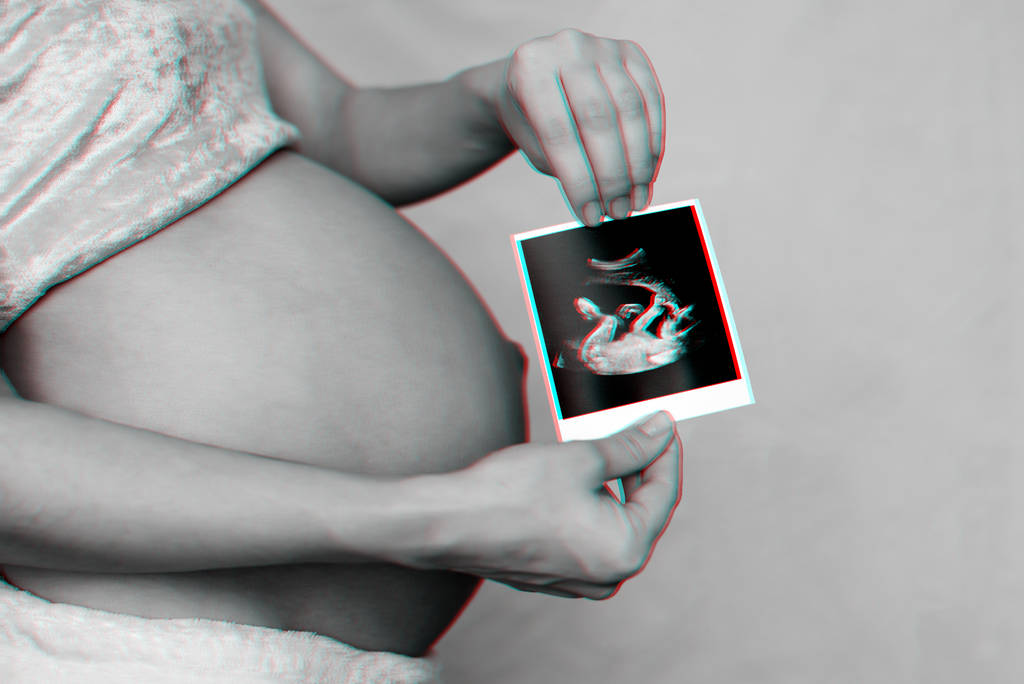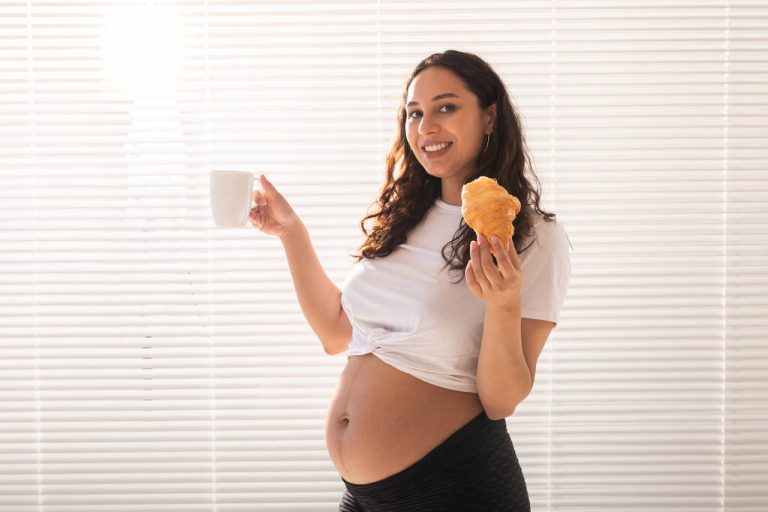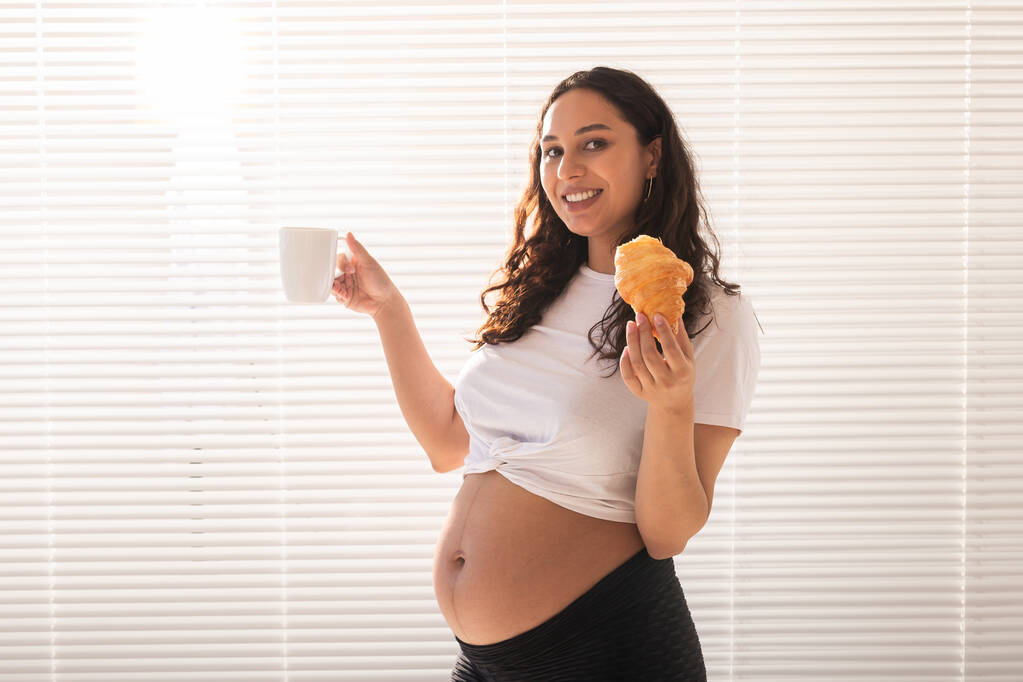The cup of coffee in the morning – makes you awake, makes you happy and now belongs to the morning ritual as firmly as brushing your teeth. Yes – coffee consumption seems indispensable.
Of course, this results in a problem for young women: What about coffee during pregnancy? Can I drink coffee? Or is the cup of coffee harmful to my child? How much coffee is allowed? We clarify!

Coffee during pregnancy: an absolute no-go?
At this point we would like to calm all coffee lovers: it is not absolutely necessary to completely do without the cup of coffee in the morning!
The World Health Organization (WHO) currently recommends that a lot of 300mg of caffeine per day do not exceed – this corresponds to a maximum of two cups of coffee a day. According to the Danish researcher, the risk of premature birth is otherwise increasing. But be careful: not only coffee, also green or black tea, cola and even cocoa or chocolate contain caffeine and must therefore be taken into account in the bill.
In general, the less, the less, the better – because too much caffeine can of course be harmful during pregnancy, because the caffeine gets into the bloodstream of the unborn child. When it comes to the coffee types, you should make sure to buy Arabica beans.
Too much caffeine in pregnancy: consequences and risks
In the past, there was often fear that the increased caffeine consumption during pregnancy could favor miscarriage-fortunately, this assumption has now been rejected. A Scandinavian study now comes to the conclusion that the child’s birth weight is influenced by the absorption of caffeine. For example, women who consume a lot of coffee and similar foods on average 60-70 grams of lighter children give birth to more than those who do without it. Due to the lower birth weight, the risk of health problems in childhood increases. In addition, there is a problem that the embryo is not yet able to dismantle the caffeine in the blood – it is therefore deposited in the brain tissue. Unfortunately, there are no exact studies on the resulting consequences for child health.

Do without coffee: alternatives for pregnant women
As an alternative to caffeinated coffee, a replacement product, for example from barley or malt, can of course be brewed. This is caffeine -free and therefore harmless. Some types of tea are also ideal as an alternative – whereby it should be paid to the caffeine content again: black tea or green tea are, for example, caffeine, for example, rooibostee are not. If it is not necessarily warm, smoothies or freshly squeezed fruit juices are of course also suitable for breakfast.






